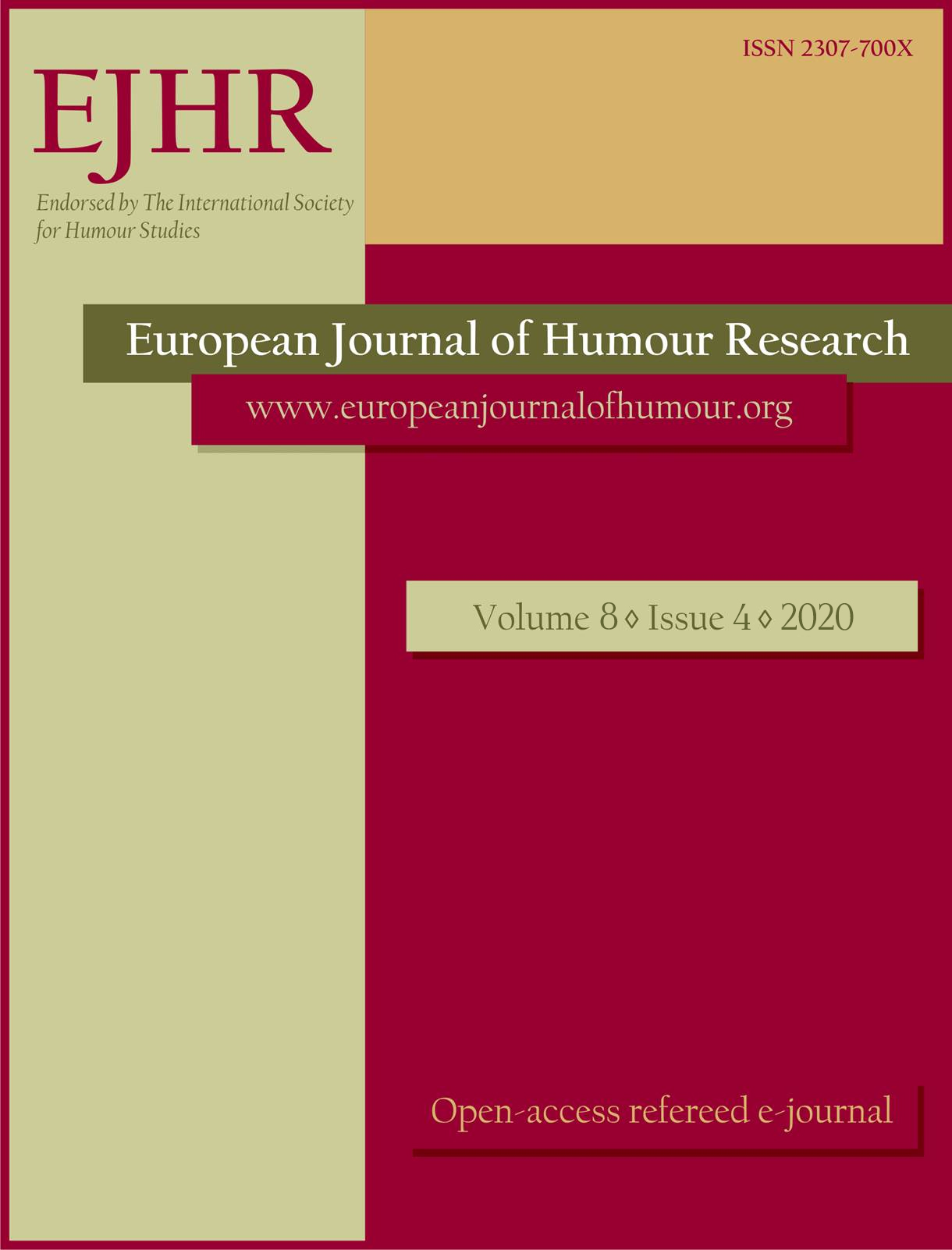The lexical semantics of blaguer
The lexical semantics of blaguer
French ways of bringing people together through persuasion, deception and laughter
Author(s): Sophia WatersSubject(s): Semantics, Pragmatics, Comparative Linguistics, Sociolinguistics
Published by: Krakowskie Towarzystwo Popularyzowania Wiedzy o Komunikacji Językowej Tertium
Keywords: lexical semantics; conversational humour; blaguer; register; French;Australian English;
Summary/Abstract: This study presents a lexical semantic analysis of the French verb blaguer and related expressions. This verb belongs to a suite of “French humour practices”, and French-English dictionaries translate it as ‘to joke’. However, Anglo-specific terminology such as “joke” does not match the conceptual semantics of blaguer and its related noun blague. Relying on Anglo-specific terms to categorise culture-specific practices perpetuates conceptual and terminological Anglocentrism. This study furthers the call to avoid the dangers of sustaining Anglocentrism in the theoretical vocabulary of humour studies (Goddard & Mullan 2020; Goddard 2018; Wierzbicka 2014a). Working from the assumption that semantic categories reflect particular ways of speaking, thinking, and behaving, this study’s goal is to capture the insider perspective that French speakers have about the meaning of the verb blaguer and the noun blague. Making local understandings more obvious and accessible to cultural and linguistic outsiders will increase cross-cultural understanding and foster appreciation for the different ways that speakers construct and interpret their world with words (Levisen & Waters 2017). The analytical tool for this study is the technique of semantic explication couched in the simple cross-translatable and culture-neutral words of the Natural Semantic Metalanguage (Goddard & Wierzbicka 2014). Carefully chosen example sentences are drawn from Google searches (google.fr) of authentic language use of the verb blaguer and the noun blague. Comparative reference is made to the verb ‘to joke’ from Australian English to highlight the differences in the conversational humour cultures of French and English speakers (Goddard & Mullan 2020; Béal & Mullan 2013, 2017).
Journal: The European Journal of Humour Research
- Issue Year: 8/2020
- Issue No: 4
- Page Range: 31-47
- Page Count: 17
- Language: English

